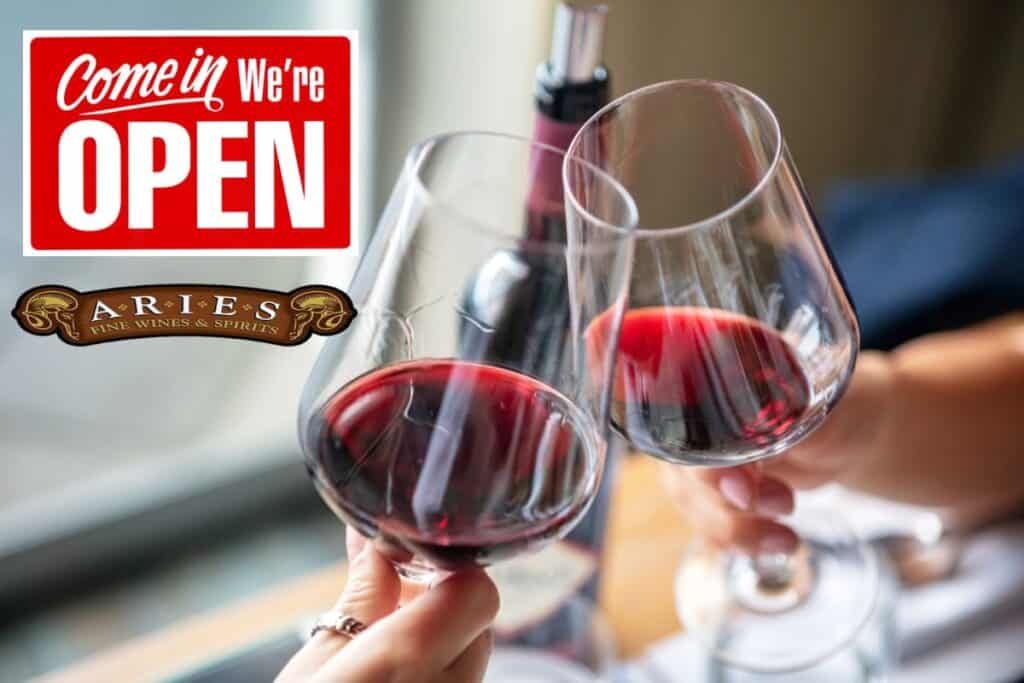
OP ED By Tony Russo & Michael Correra
All across the country, multi-billion dollar big box and warehouse companies have been planning and seeking a complete takeover of states’ retail wine and liquor industries. New York state’s local wine and liquor merchants must start preparing now for a big fight ahead.
As recently as 2019, Costco announced an expansion of Instacart same-day alcohol deliveries to 200 of its stores in 11 states and Washington DC. While mega big box retailers like Costco offering alcohol might sound convenient for some, the stark reality is that it would devastate an entire industry responsible for creating some 35,000 jobs and generating nearly $4.5 billion in tax revenue across all corners of New York State in 2020. This is a scenario local mom-and-pop retailers across other business sectors have seen before. As giant, well-funded corporations move into an industry, they squeeze out locally based family-owned shops that have served a community for generations—similar to the way pharmacy giants like CVS or Walgreens have all but eradicated neighborhood pharmacies.
There was a time when every neighborhood across Westchester and the Hudson Valley had specialty stores, but that is sadly evaporating with the homogenization of retail at the feet of Wall Street funded investors. To add perspective about the economic might of a local business killing a company like Costco, each and every warehouse location sells an average of $192 million in goods annually. The company boasts 19 locations within New York, with a half a million dollars of daily revenue at each store. In 2022, Costco reported an annual revenue of $226 billion, a 15 percent increase from 2021. Not only does Costco have substantial buying power, but because each of Costco’s 123 million members pays between $60 and $120 annually for the right to shop in its stores, the company is able to sell wine and alcohol at or below anyone else’s cost.
For any small merchant, Costco’s prices and tentacles are impossible to match. Its ability to squeeze suppliers to sell in bulk at bare bones costs would destroy any competitors in the same or even neighboring counties. If the New York State Legislature enacts changes to our alcohol sales laws – intended to protect consumers and minors from accessing this controlled substance – simply to give a pass to yet another big box store takeover, that wound will cut deep into many communities.
Their business model is to swallow up small businesses and make them extinct. Granting this big box behemoth a green light to take over New York won’t just negatively impact the fabric of a few communities but rather create a ripple effect that will leave the consumer landscape of our towns, villages, and cities in further desolation. This sudden rush to “reform” New York’s alcohol control laws – supposedly because of needs recognized during the pandemic – is not only misguided, but it inches us closer to a frightening scene from the 2006 sci-fi comedy, “Idiocracy.”
In the film, a U.S. Army librarian wakes up 500 years into the future, and into a world dominated by one store to get anything at all – even a law degree – that is, a gigantic city-sized Costco.
If our leaders in Albany and at the county level waive the checkered flag for yet another a big box takeover – reminiscent of what Home Depot, Barnes & Noble or Bed, Bath & Beyond did to smaller shopkeepers – it could be the nail in the coffin for our retail wine and spirits industry, and its nearly 3,500 New York liquor merchants. It’s up to New York’s leaders to just say no and take a stand to protect local small business owners, as well as maintain the fabric of our state economy, and our way of life, against further corporate encroachment.
Tony Russo owns Aries Wines & Spirits in White Plains. Michael Correra owns Michael-Towne Wines & Spirits in Brooklyn. He is executive director of the Metropolitan Package Store Association, representing 3,500 of New York’s small business liquor stores.





